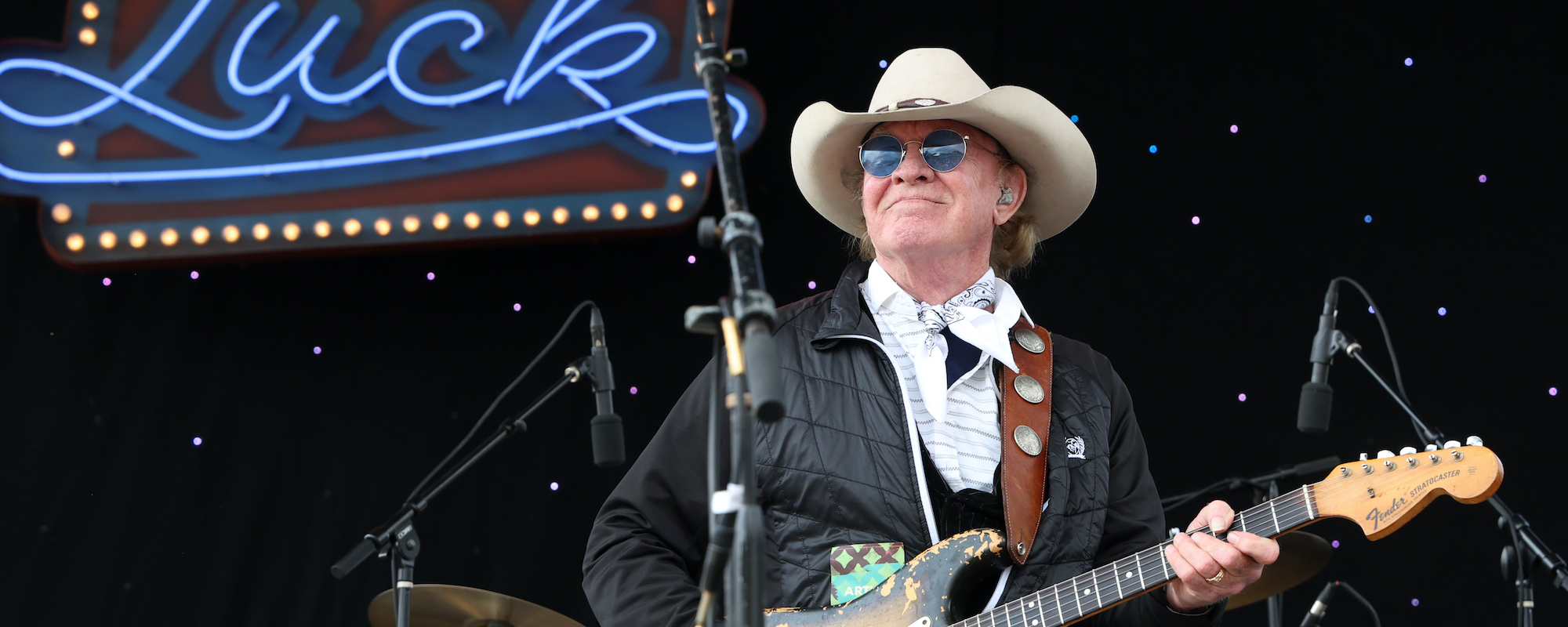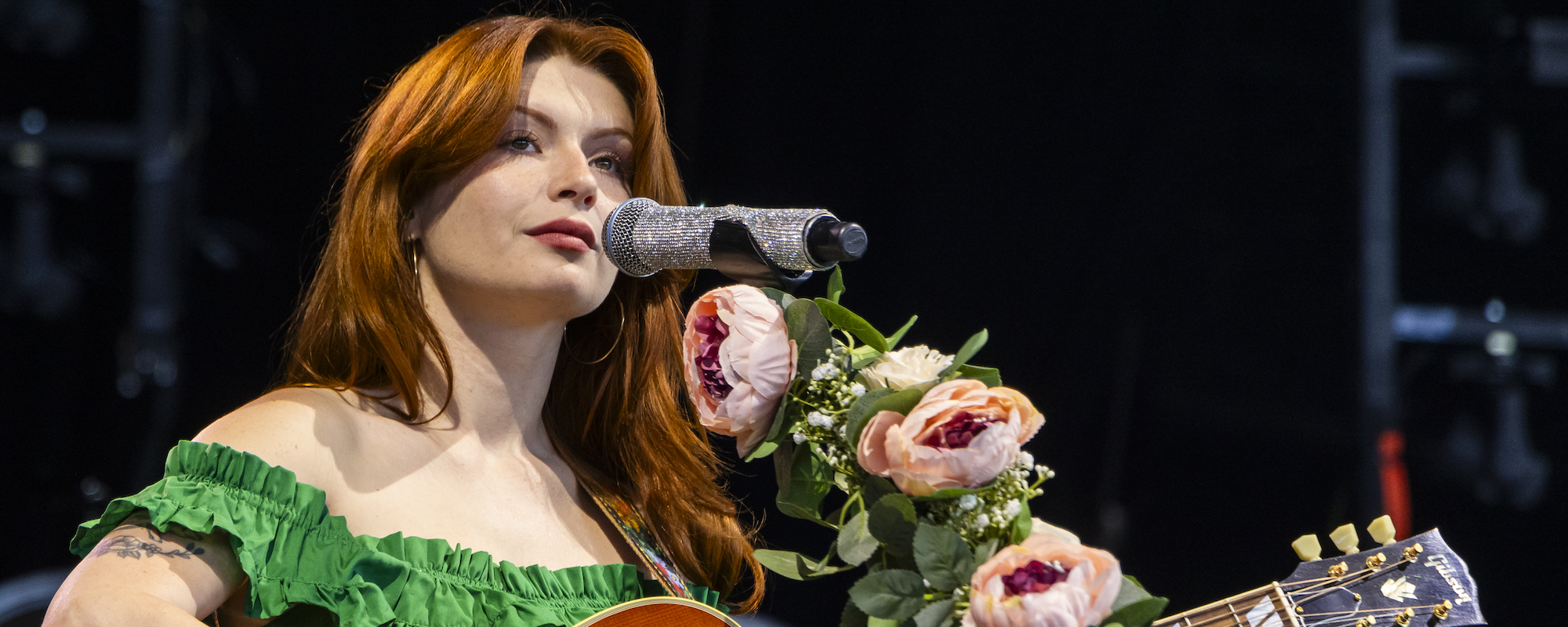On this day (June 11) in 1949, Hank Williams made his Grand Ole Opry debut. While his Opry membership was short-lived, Williams would go on to be one of the most influential and iconic performers in country music history.
Videos by American Songwriter
Today, Williams has a deep catalog. However, most of that music saw the light of day after his untimely passing on New Year’s Day of 1953. While he was alive, he released two studio albums and a multitude of singles. Fifty of those singles reached the top ten of the Billboard country chart of the day. Five more would reach the top ten after his passing. Williams also had an even dozen No. 1 hits. However, the char success of the Hillbilly Shakespeare’s output only tells part of the story. His songwriting, singing, and overall musical style made him a sensation. He was the first artist to be inducted into the Country Music Hall of Fame and remains an icon more than seven decades after his passing on New Year’s Day of 1953.
[RELATED: 5 Fascinating Facts About Country Legend Hank Williams]
Hank Williams Makes His Grand Ole Opry Debut
By the time Hank Williams made his Grand Ole Opry Debut in June 1949, he had already released a stack of now-classic songs. Hits like “Move It On Over,” “Honky Tonkin’,” “I’m a Long Gone Daddy,” and his first No. 1 “Lovesick Blues” were in jukeboxes and on country radio stations. So, when he took the Opry stage, country fans were excited to see the young Alabama native sing some of their favorites.
Williams didn’t take the iconic stage alone. He brought with him what would become the best-known lineup of his backing band The Drifting Cowboys. The lineup included Don Helms (steel guitar), Jerry Rivers (Fiddle), Hillous Butrum (bass), and Bob McNett (guitar).
Williams and The Drifting Cowboys performed “Lovesick Blues” and “Mind Your Own Business” during their Opry debut. Then, the crowd called them back to the stage for six encores. After they left the final time, the emcee had to all but beg the crowd to stop calling for encores because other acts were slated to perform that night.
Featured Image by Michael Ochs Archives/Getty Images













Leave a Reply
Only members can comment. Become a member. Already a member? Log in.